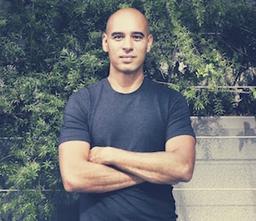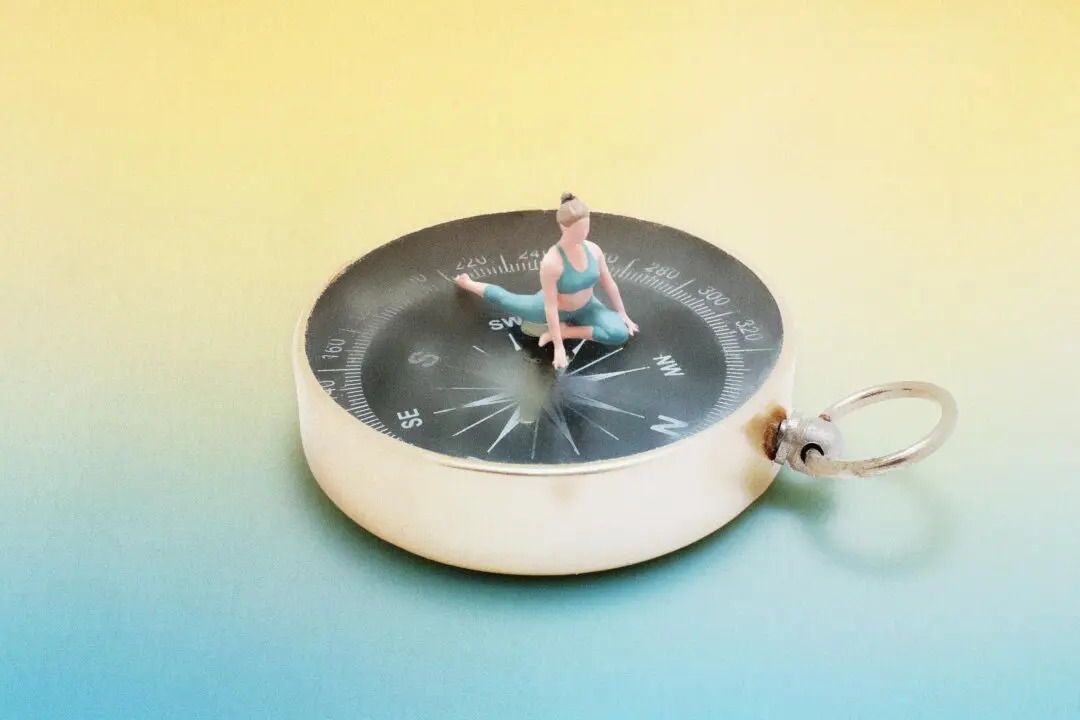Without our realizing it, much of our day can be quickly filled with a deluge of distractions from devices. In the moment, they may seem like the most important and satisfying things in front of us, but what if, in fact, they’re keeping us from focusing on what’s truly important?
What if we could filter out all that noise and instead focus on what’s meaningful? What if we could find stillness instead of constant distraction?






